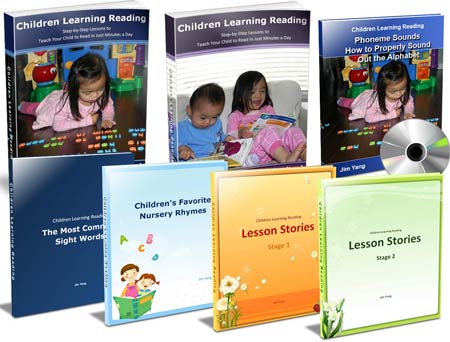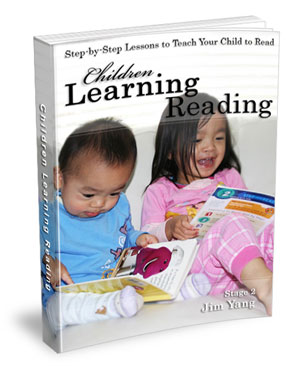Teaching a Child to Read at an Early Age
By: ChildrenLearningReading.com
Are you aware that according to the National Assessment of Educational Progress (NAEP), 38% of fourth-grade students possess reading abilities below the lowest basic level? The NAEP is a continuous survey that examines students' knowledge and monitors their academic progress in various subjects throughout the United States. As per their report, 38% of fourth-grade students have a reading achievement score that falls below the basic level, which is marked as 208. This indicates that there is a dire need for improvement in reading instruction for young children.
It's crucial to understand the US reading scale when analyzing the reading abilities of grade four students. The scale ranges from 0 to 500, with an average reading score of 217 for grade four, 264 for grade eight, and 291 for grade 12. The National Assessment of Educational Progress (NAEP) further categorizes grade four reading achievement levels into Advanced (268 score), Proficient (238 score), and Basic (208 score). According to the NAEP, the basic reading achievement level means that:
Fourth-grade students performing at the Basic level should demonstrate an understanding of the overall meaning of what they read. When reading text appropriate for fourth graders, they should be able to make relatively obvious connections between the text and their own experiences and extend the ideas in the text by making simple inferences. [1]
It is disheartening to learn that more than a third of all fourth-grade students are reading below the basic level. If you are a parent of a child struggling with reading, know that there is hope. Studies on phonemic awareness have shown that early reading can significantly improve a child's reading and spelling abilities. The National Reading Panel, after conducting a comprehensive review of over 1,900 studies, has found that teaching phonics and phonemic awareness is more effective in producing better reading results than whole language programs. Therefore, if your child is experiencing reading difficulties, consider incorporating phonics and phonemic awareness instruction in their reading practice.
Extensive research has revealed the countless benefits and advantages of teaching children to read at an early age using phonics and phonemic awareness instructions. It is evident that developing language and reading skills early on can significantly benefit a child's academic performance throughout all grades, whereas the lack thereof may lead to learning problems later on in school. For instance, a Swedish study has shown that children with a history of reading difficulties at school entry scores performed significantly below average in reading in grade 4. Additionally, children who display very little interest in books and story reading before age 5 are also likely to score similarly low on sentence reading in grade 4. [2] These findings are just the tip of the iceberg, as several other studies have produced similar results. Therefore, it is essential for parents to begin exposing their children to books and reading at an early age to set them up for a bright future.
So how early?
Good question!
While there is no definitive answer to when you should start teaching your children to read, cultivating your child's love for books and reading can begin as early as infancy. Even though young babies may not fully comprehend books, speaking and reading to them can still foster an affinity for literature. As your child grows, it's important to avoid over-reliance on TV as the primary source of entertainment, as this can create a dependency that's difficult to break. Instead, keep age-appropriate books easily accessible and read to them often. With consistent exposure to books, children will likely develop a desire to read on their own, even if they are not yet able to do so.
Many people believe that kindergarten or grade one is the right time to start teaching their children to read. However, studies have repeatedly shown that children who have developed good phonemic awareness before entering kindergarten continue to outperform their peers and achieve exceptional reading and spelling abilities as they progress through school. Conversely, children who enter school with reading difficulties may continue to struggle with reading and spelling. Therefore, it is essential to start exposing children to reading and phonemic awareness activities as early as possible.
Click here to learn how to easily and quickly teach your child to read.
Notes:
1. NAEP 1998 Reading Report Card for the Nation and the States March 1999 Authors: Patricia L. Donahue, Kristin E. Voelkl, Jay R. Campbell, and John Mazzeo
2. J Learn Disabil. 1999 Sep-Oct;32(5):464-72. Early language development and kindergarten phonological awareness as predictors of reading problems: from 3 to 11 years of age. Olofsson A, Niedersøe J. Department of Psychology, Umeå University, Sweden.




